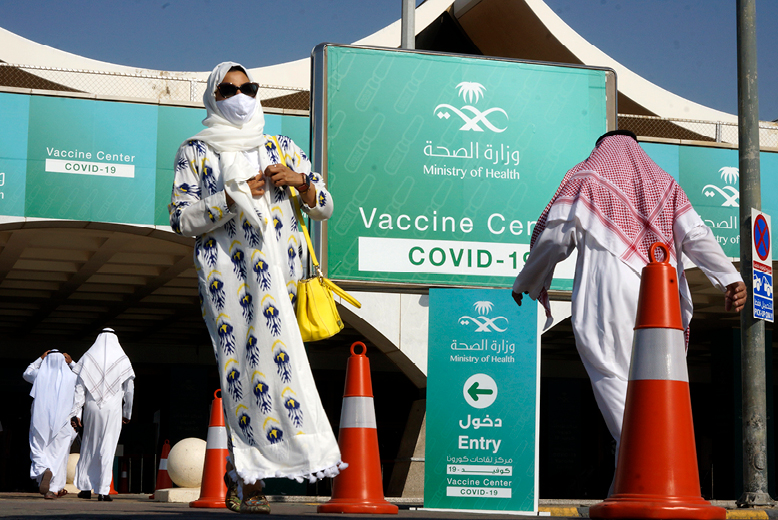
The Ramifications of Covid-19 on Public Health
Several countries in the Middle East and North Africa region are currently imposing new restrictions in response to the recent Covid-19 variant Omicron. Since the outbreak in 2020, it has become evident that there are major differences in how states have managed the pandemic.
The global Covid-19 pandemic has highlighted the varying levels of state capacity and ability to provide health care services to their citizens. Access to vaccines has been relatively straightforward in wealthy Gulf countries, while access and vaccination rates are extremely low in countries such as Syria, Algeria, Yemen and Iraq. The pandemic has also exacerbated existing socioeconomic inequalities within countries. This is likely to have extensive effects on public health as well as trust in the government's ability to manage future public health crises.
What are the long-term effects of the pandemic on public health, and how well prepared are these states for future public health challenges?
Speakers
Intissar Fakir, Senior fellow and director of Middle East Institute’s North Africa and the Sahel program
Hanan F. Abdul Rahim, Associate Professor in Public Health and Dean of the College of Health Science, Qatar University
Vira Ameli, Doctoral Student at the Department of Social Policy and Intervention, University of Oxford
Moderator
Rouzbeh Parsi, Head of Programme at the Swedish Institute of International Affairs (UI)
Listen to the seminar here: